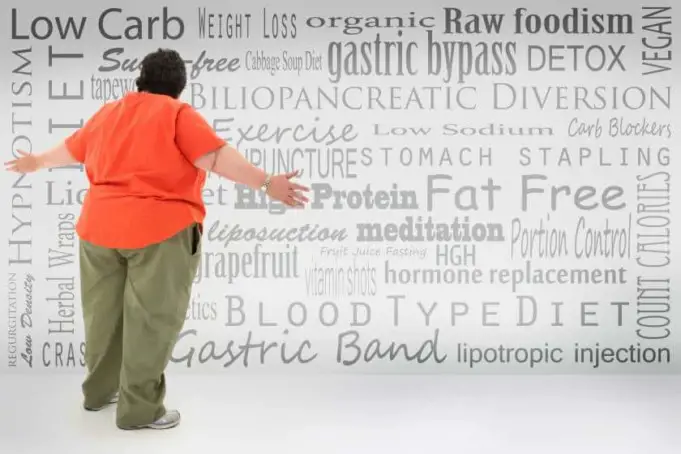A ketogenic diet is a type of low-carb diet that was initially developed as a treatment for epilepsy around 80 years ago. Today, the ketogenic diet is studied for its wide range of health benefits. At the moment, doctors recommend this diet only to children with epilepsy who don’t respond to conventional medicine.
However, a large body of research has found that the neuroprotective benefits of ketogenic and low-carb diets, in general, go far beyond epilepsy. The diet was found to protect the brain against Alzheimer’s disease, Parkinson’s disease, headaches, migraine, and many other neurological disorders.
How the ketogenic diet works?
The goal of the ketogenic diet is to increase the blood level of ketone bodies. Ketone bodies are molecules produced by the liver that works as fuel for the brain when blood glucose levels are low. Since our brain uses glucose as its main source of fuel, a low-carbohydrate diet results in less fuel for the brain. The body compensates for this lack by producing ketone bodies.
This metabolic adaptation seems to benefit human health in many ways. As noted in a systematic review of the studies on the ketogenic diet, rats fed a ketogenic diet showed a 46% increase in mitochondrial profiles in the hippocampus. The mitochondria are organelles that generate energy for the cell while the hippocampus is a region of the brain responsible for learning and memory.
The ketogenic diet and brain health
Although initially studied for its role in treating epilepsy, the ketogenic and other low carb diets are now recognized as viable options in preventing and treating other brain disorders as well. A study published in the Neurobiology of Aging journal found that greater levels of ketone bodies in Alzheimer’s patients resulted in overall better memory. Those wondering how to improve memory with their diet may turn to low-carb diets. The possible explanations why these diets have a protective effect on the brain range from improving cell metabolism, decreasing oxidative stress, reducing inflammation and many others.
Other low-carb diets
The ketogenic diet is a strict diet and involves taking 50g or less of carbohydrates per day, reducing protein intake, and increasing fat intake. The diet needs to be individually tailored to a person’s age, weight, and health status. This is why you need the help of a physician and dietitian to follow this diet.
However, if you want to, say, lose weight or improve your memory, you can follow modified versions of this diet such as a low-carb and Atkinson’s diet. However, these diets may or may not result in a rise in blood levels of ketone bodies.
The studies on low-carb diets
Both low-carb and ketogenic diets were found to benefit brain health. This is interesting since low-carb diets don’t always result in greater ketone body levels. Studies on these diets found that they can treat various neurological disorders. For instance, a study published a few years ago in the Journal of Headache and Pain found a short-term improvement in migraine headaches during a ketogenic diet. Other studies found that these diets promote healing following traumatic brain injury.
Side effects of low-carb diets
As is the case with any restrictive diet, low-carb diets can also have a downside. Commonly reported side effects are elevated cholesterol and triglyceride levels, kidney stones, and constipation. Luckily, these side effects usually don’t last for too long, and they can be controlled with the help of medication and dietary changes. The ketogenic diet is considered safe and won’t cause any problems in most individuals.
Other options to boost brain health
The ketogenic and other low carb diets may seem too restrictive. This is the main reason why most people tend to focus on providing their brain with the right kind of nutrients instead. Most studies show that our brain thrives on good sources of omega-3 fatty acids.
People also turn to the best memory vitamins to keep their minds sharp. The best vitamins for the brain are vitamins C and E. These work mainly as antioxidants, scavenging free radicals in the brain and other bodily tissue. Other micronutrients important for brain health are vitamins A, B6, B12, D3, folate and the minerals iron and zinc.
Conclusion
The link between diet and health is now well established. However, we are just beginning to understand the exact role nutrients play in our brain health and mental functioning. Knowing more about this link will certainly help those who deal with disorders that affect the brain such as epilepsy, Alzheimer’s, multiple sclerosis, and even migraine. Low-carb diets were found to benefit the brain through its effect on ketone body concentrations.
But these diets seem to benefit the brain in other ways as well. Following such diets may provide additional benefits such as weight management and diabetes control.












